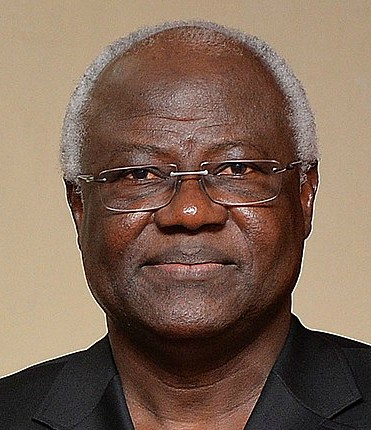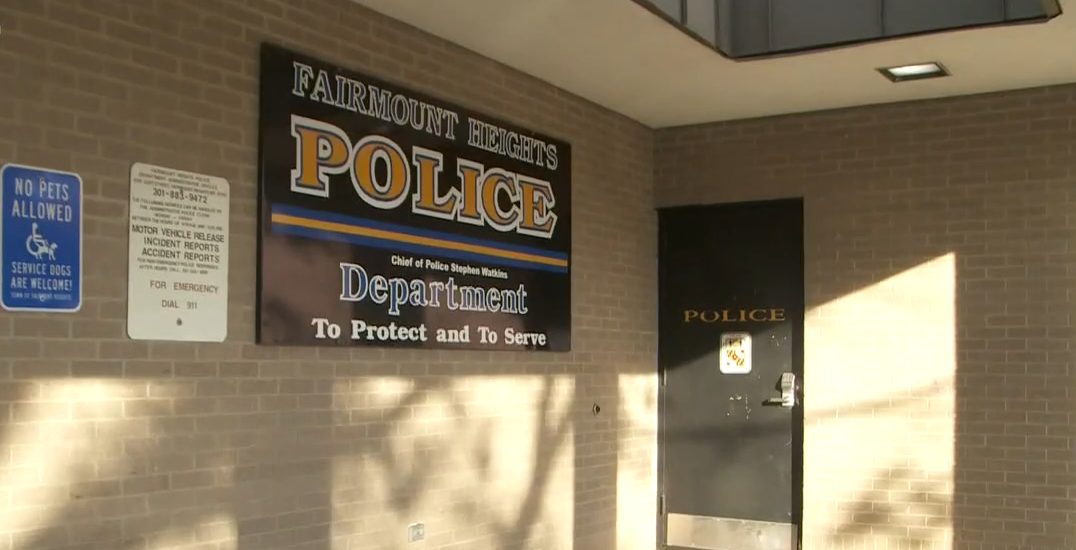[Africa News\Namibia Elections 2019]
The Mission’s mandate is to observe the General Elections in line with the relevant African Union instruments, especially (a) the African Union Guidelines for Elections Observation and Monitoring Missions (2002); (b) the OUA/AU Declaration on Principles Governing Democratic Elections in Africa (2002); African Charter on Human and Peoples Rights (1981) and (c) African Charter on Democracy, Elections and Governance (2007), among others.
Photo: Wikimedia Commons
With Namibia’s upcoming election, this Wednesday, an African Union team led by His Excellency Ernest Bai Koroma, above, has arrived in Namibia to lead the African Union Election Observation Mission (AUEOM).
11 people are running to be President of Namibia in Wednesday’s election, including current President Hage Geingob, the 78-year-old leader of South West Africa People’s Organisation (Swapo), who was first elected president in 2014, while still serving his second term as Namibia’s prime minister.
The AU Mission comprises 40 Short Term Observers (STOs) representing various Member States of the African Union (AU), deployed since 21 November 2019. The delegation consists of members from the African Union Permanent Representatives’ Committee (PRC), Pan-African Parliament (PAP), African Election Management Bodies, Civil Society Organisations (CSOs), Independent Experts and Academic Institutions.
Preceding his arrival in Namibia, a two-day orientation and briefing programme for AUEOM observers took place from 23 – 24 November 2019. The briefing focused on electoral political context, legal framework, levels of preparedness by Electoral Commission of Namibia, levels of preparedness by different electoral stakeholders and the AU election observation methodology. The aim of the briefing was to sensitize observers with knowledge, understanding and appreciation of the 2019 Namibia General Elections context before their deployment throughout the country.
The Mission’s mandate is to observe the General Elections in line with the relevant African Union instruments, especially (a) the African Union Guidelines for Elections Observation and Monitoring Missions (2002); (b) the OUA/AU Declaration on Principles Governing Democratic Elections in Africa (2002); African Charter on Human and Peoples Rights (1981) and (c) African Charter on Democracy, Elections and Governance (2007), among others.
The deployment of an AUEOM in the Republic of Namibia demonstrates the AU’s commitment to supporting credible, transparent, inclusive and peaceful electoral processes in its Member States by providing an objective assessment of the process and the political environment surrounding it. This is in line with Aspirations No.3 of Agenda 2063, which aims to ensure good governance, democracy, respect for human rights, justice and the rule of law on the continent.
The AUEOM will issue its Preliminary Statement based on its observation of the elections after the close of polls, and its final report within two months after the elections.












